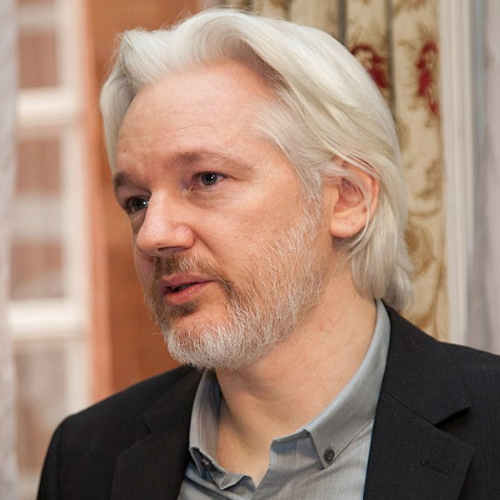The release of Julian Assange, the enigmatic founder of WikiLeaks, marks the end of a tumultuous chapter that has spanned over a decade, capturing the world’s attention and igniting fierce debates. After twelve years of confinement and detention, Assange’s journey towards freedom has been fraught with controversy, legal battles, and polarized opinions. As he steps into a transformed world, the mixed reactions to his release highlight the enduring complexity of his legacy.
Julian Assange: Background and Asylum
In 2012, Julian Assange sought asylum in the Ecuadorian Embassy in London, escaping a European arrest warrant related to a sexual assault investigation in Sweden—a charge he claimed was a ruse to extradite him to the United States. At that time, Assange was at the peak of his influence, having released a trove of classified U.S. military and diplomatic documents through WikiLeaks. To his supporters, Assange was a fearless champion of transparency and the democratizing potential of the internet. To his detractors, including many in the Washington establishment, he was a reckless provocateur endangering national security.
Julian Assange’s Detention and Legal Battles
This week, Julian Assange emerged from detention, visibly unwell after years in British custody following his expulsion from the Ecuadorian Embassy in 2019. The Swedish investigation had been dropped, but Assange faced U.S. charges under the Espionage Act for publishing sensitive military documents and diplomatic cables. His release comes as part of a plea deal with the U.S. Justice Department, allowing him to plead guilty to a single charge of espionage without facing further imprisonment. Assange is now set to reunite with his family in Australia and begin a new chapter in his life.
Supporters’ Reactions
Reactions to Julian Assange’s release have been sharply divided. On one side, his supporters celebrate his freedom as a victory for press freedom and whistleblowing. Figures from across the political spectrum, including left-wing academic Cornel West and right-wing Representative Marjorie Taylor Greene, have hailed Assange as a hero who stood against government overreach and exposed corruption. Left-leaning filmmaker Michael Moore praised Assange’s courage, viewing his ordeal as a testament to the fight against governmental aggression and the misuse of taxpayer dollars in foreign conflicts.
Critics’ Reactions
Conversely, critics remain vehemently opposed to Julian Assange, viewing him as a dangerous figure who recklessly endangered lives. Former CIA analyst Gail Helt condemned him as a “despicable Russian asset,” blaming him for jeopardizing the safety of U.S. intelligence sources. Former Vice President Mike Pence echoed these sentiments, criticizing the Biden administration’s plea deal as a miscarriage of justice that dishonored the sacrifices of American military personnel.
Implications for Press Freedom
The implications of Julian Assange’s release extend beyond the individual, touching on broader concerns about press freedom and the role of whistleblowers. Press freedom advocates have long called for Assange’s release, but his guilty plea under the Espionage Act raises troubling questions about the future of investigative journalism. Trevor Timm, executive director of the Freedom of the Press Foundation, warned that this precedent could embolden future prosecutors to target journalists, potentially stifling the essential role of the press in holding power to account.
Australian Perspective
In his native Australia, the sentiment surrounding Julian Assange’s return is more straightforward. Australian Prime Minister Anthony Albanese, whose center-left government played a key role in negotiating Assange’s release, emphasized that the prolonged legal battle had gone on for too long. He expressed relief that Assange would finally return home, highlighting the point that continued incarceration served no purpose.
As Julian Assange embarks on what appears to be a life of freedom, the world remains deeply divided over his actions and their consequences. His supporters view him as a martyr for transparency and free speech, while his detractors see him as a reckless criminal. The debates ignited by his release reflect enduring tensions over national security, government accountability, and the role of the press in a democratic society. Assange’s journey from celebrated whistleblower to controversial detainee and back to freedom highlights the complex, often contentious relationship between state power and the individuals who dare to challenge it.


